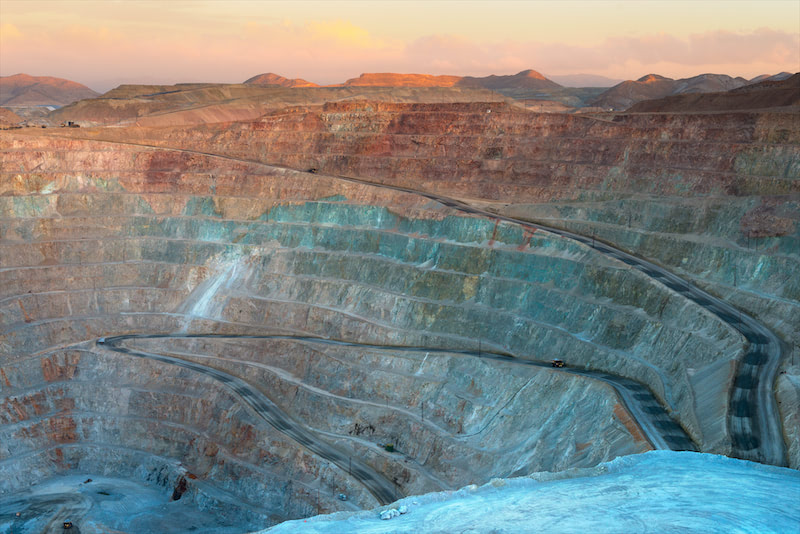UNITED KINGDOM December 07 2016 4:17 PM
LONDON (Scrap Register): Iron ore trading activity picked up in November, with TSI observing 43 fixed price transactions and 31 confirmed floating deals against the TSI or IODEX indices last month. Floating price deals are now used as part of the fall-back procedures for the 62% Fe index.
Fortescue Metals Group, Australia’s third largest iron ore miner, received environmental clearance to triple the size of its Solomon mine, which will allow it to remain in production for the next 35 years.
However, the company’s discussions with Brazilian mining giant Vale to work together on a blending joint venture are reportedly “not moving favourably”. Vale president Murilo Ferreira has remarked that talks have been “poor” and stressed the need to “wait and see”. The proposed venture would see the blending of FMG products, which are all sub-60% Fe, blended with some of its putative Brazilian partner’s high grade ore to produce medium grade fines which could compete with the likes of Rio Tinto’s Pilbara Blend Fines.
Brazil shipped 31.43 million tons of iron ore in November, up 37% from the 28 million tons exported in the same month a year ago, according to data from the country’s Trade Ministry.
Rio Tinto, under its new CEO, appears to have signaled a shift towards prioritizing value over volume. It still maintains its production guidance of 330-340m tons for 2016, but will focus on productivity enhancements and is increasingly willing to reduce output to achieve free cash flow. Indeed, the miner is closing its Hope Downs 4 iron ore mine for two weeks over Christmas to lower operating costs.
Rio Tinto is also reported to be seeking a one dollar premium over index for its flagship Plibara Blend product sold on long-term contracts in China. The move comes after soaring premiums in the spot market, at times this month exceeding $4 a ton.
According to the Australian Financial Review, the miner has reportedly been asked to deliver contractual tonnages to ports nowhere near buyers’ steelmaking facilities, suggesting some entrepreneurial mills may be re-selling contract tons on the spot market to enjoy the elevated premiums. The move has allegedly triggered a row with the China Iron & Steel Association (CISA).
New entrant Roy Hill continues its ramp-up in Western Australia and expects to ship 25 million tons by the end of this year. The Perth-based miner made its inaugural shipment last December.
Despite the dramatic rise in iron ore prices, it appears that China’s domestic mines have not been tempted to re-enter the market in any meaningful way. Data from Mysteel, a local steel consultancy, showed capacity utilization at local mines has barely moved. The larger mines have been operating at around 57% utilization while smaller mines (<1 million tons/year) have been ticking over at as little as 20%.



